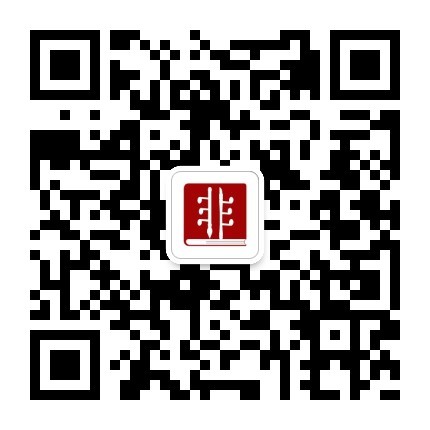【美洲·巴西】卡波卫勒圆圈舞Capoeira circle(2014年)
2022-03-25 15:36
卡波埃拉是一种非裔巴西人的文化习俗——同时也是一场战斗和一场舞蹈——可以被解释为一种传统、一项运动,甚至是一种艺术形式。卡波埃拉球员在中心形成一个圆圈,两名球员相互接触。这些动作要求身体非常灵巧。圆圈周围的其他玩家唱歌、吟诵、鼓掌和演奏打击乐器。卡波埃拉圈由一群不同性别的人组成,包括一位大师、一位反大师和一位弟子。大师是这个圈子知识的承载者和守护者,并被期望教授该剧目,并维持该团体的凝聚力和对仪式准则的遵守。大师通常会演奏一种单弦打击乐器,开始吟诵,并引导游戏的时间和节奏。所有参与者都应该知道如何制作和演奏乐器,唱共同的曲目,即兴创作歌曲,了解并尊重道德和行为准则,表演动作、步骤和罢工。卡波埃拉圈是一个通过观察和模仿学习知识和技能的地方。它还起到确认社区、群体和个人之间相互尊重的作用,促进社会融合和抵抗历史压迫的记忆。
2014年度列入人类非物质文化遗产名录。
来源:联合国教科文组织亚太地区非物质文化遗产国际培训中心
Capoeira is an Afro-Brazilian cultural practice – simultaneously a fight and a dance – that can be interpreted as a tradition, a sport and even an art form. Capoeira players form a circle at the centre of which two players engage with one another. The movements require great bodily dexterity. The other players around the circle sing, chant, clap and play percussive instruments. Capoeira circles are formed by a group of people of any gender, and comprise a master, counter-master and disciples. The master is the bearer and guardian of the knowledge of the circle, and is expected to teach the repertoire and to maintain the group’s cohesion and its observance to a ritual code. The master usually plays a single string percussion instrument, starts the chants, and leads the game’s timing and rhythm. All participants are expected to know how to make and play the instrument, sing a shared repertoire of chants, improvise songs, know and respect the codes of ethics and conduct, and perform the movements, steps and strikes. The capoeira circle is a place where knowledge and skills are learned by observation and imitation. It also functions as an affirmation of mutual respect between communities, groups and individuals and promotes social integration and the memory of resistance to historical oppression.
Included in the list of human intangible cultural heritage in 2014.
Source: UNESCO International Training Center for intangible cultural heritage in the Asia Pacific Region

